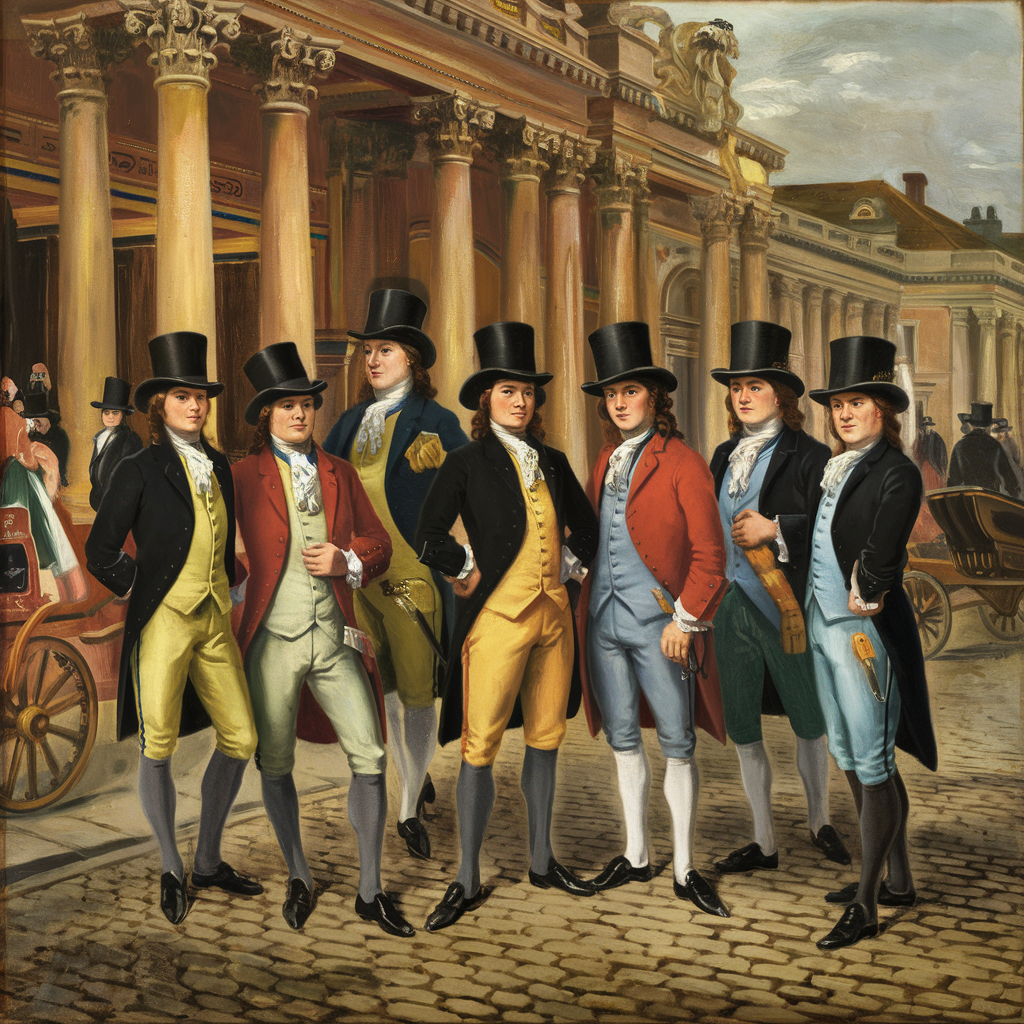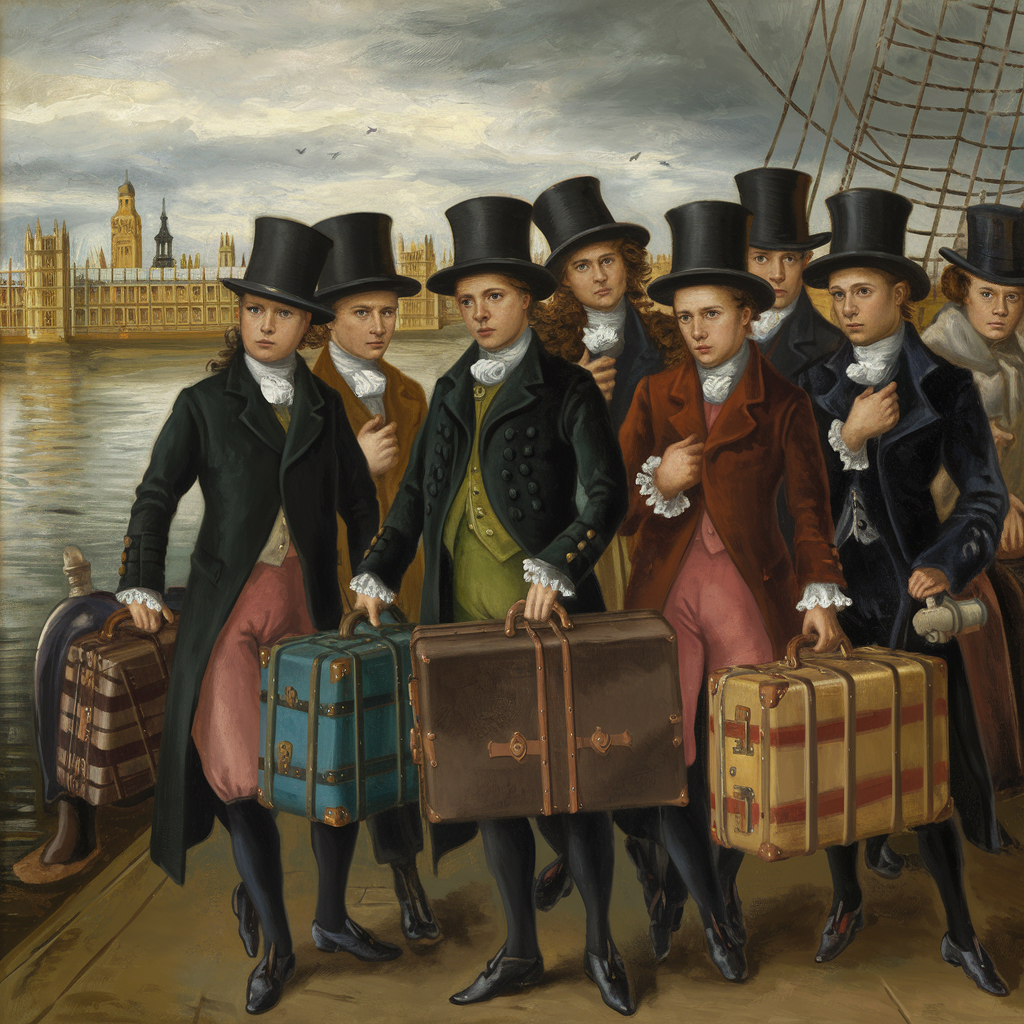A Brief History of Travel
During the late 16th century, wealthy young Europeans embarked on educational journeys known as the Grand Tour.
These trips, often lasting several years, aimed to expose individuals to the arts, literature, and culture of major European cities like London, Paris, Venice, Florence, and Rome.
The French Revolution ultimately brought an end to this practice.
Types of Travel
Travel can be categorized based on distance and purpose.
Local travel refers to movement within a community or city, while regional travel involves destinations within a broader geographic area.
National travel, or domestic travel, occurs within a country’s borders.
International travel, on the other hand, involves crossing national boundaries and often requires passports and visas.
Modes of Transportation
Travel can be undertaken by various means, including walking, cycling, driving, taking public transportation, or flying.
The choice of transportation often depends on factors such as distance, time constraints, and personal preferences.
Tourism
Tourism is a specific type of travel that involves visiting places for pleasure or leisure.
It can include activities like sightseeing, exploring attractions, and enjoying local culture.

A Brief History of Travel and Vacation
The Purposes of Travel:
Travel has been undertaken for various reasons throughout history.
Recreation and leisure are common motivations, allowing individuals to escape their daily routines and explore new places.
Travel can also be driven by necessity, such as fleeing conflict or seeking better opportunities.
Modes of Transportation
Human-powered methods like walking and cycling have been traditional forms of travel.
However, the development of vehicles, including public transportation, automobiles, trains, and airplanes, has significantly expanded the accessibility and speed of travel.
Vacation Policies
While not mandated by federal law in the United States, many corporations offer vacation policies that allow employees to take time off from work.
These policies can vary widely, with some companies providing unlimited vacation days.
However, even in such cases, implicit expectations or limitations may exist.
The Value of Vacation
Despite the availability of paid time off, many Americans fail to utilize their full vacation allotments.
Research indicates that a significant portion of vacation days go unused each year.
This trend highlights the need to prioritize rest, relaxation, and personal well-being.
Holidays and Celebrations
Holidays are observed by nations and territories to commemorate significant events or individuals.
These celebrations can be religious, secular, or a combination of both.
Examples include Independence Day in the United States and the Lunar New Year in East Asia and Southeast Asia.
Substitute Holidays
When holidays coincide with weekends, substitute holidays may be designated to ensure that individuals receive the intended time off.
This practice is common in many countries, including the United Kingdom.
Conclusion
Travel has been a fundamental human activity for centuries, driven by diverse motivations and facilitated by advancements in transportation.
While the concept of vacation has evolved over time, its importance for personal well-being and work-life balance remains evident.








